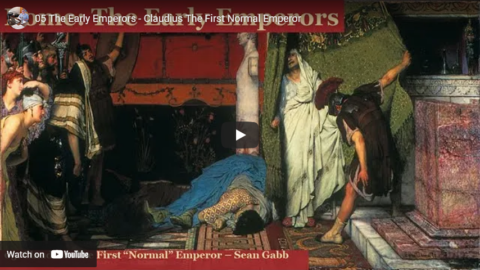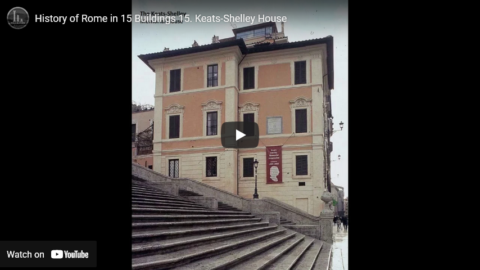The editors at FEE dug out an old classic article from Jeffrey A. Tucker that still holds up ten years later:
The gas gauge broke. There was no smartphone app to tell me how much was left, so I ran out. I had to call the local gas station to give me enough to get on my way. The gruff but lovable attendant arrived in his truck and started to pour gas in my car’s tank. And pour. And pour.
“Hmmm, I just hate how slow these gas cans are these days,” he grumbled. “There’s no vent on them.”
That sound of frustration in this guy’s voice was strangely familiar, the grumble that comes when something that used to work but doesn’t work anymore, for some odd reason we can’t identify.
I’m pretty alert to such problems these days. Soap doesn’t work. Toilets don’t flush. Clothes washers don’t clean. Light bulbs don’t illuminate. Refrigerators break too soon. Paint discolors. Lawnmowers have to be hacked. It’s all caused by idiotic government regulations that are wrecking our lives one consumer product at a time, all in ways we hardly notice.
It’s like the barbarian invasions that wrecked Rome, taking away the gains we’ve made in bettering our lives. It’s the bureaucrats’ way of reminding market producers and consumers who is in charge.
Surely, the gas can is protected. It’s just a can, for goodness sake. Yet he was right. This one doesn’t have a vent. Who would make a can without a vent unless it was done under duress? After all, everyone knows to vent anything that pours. Otherwise, it doesn’t pour right and is likely to spill.
It took one quick search. The whole trend began in (wait for it) California. Regulations began in 2000, with the idea of preventing spillage. The notion spread and was picked up by the EPA, which is always looking for new and innovative ways to spread as much human misery as possible.
An ominous regulatory announcement from the EPA came in 2007: “Starting with containers manufactured in 2009 … it is expected that the new cans will be built with a simple and inexpensive permeation barrier and new spouts that close automatically.”
The government never said “no vents”. It abolished them de facto with new standards that every state had to adopt by 2009. So for the last three years, you have not been able to buy gas cans that work properly. They are not permitted to have a separate vent. The top has to close automatically. There are other silly things now, too, but the biggest problem is that they do not do well what cans are supposed to do.
And don’t tell me about spillage. It is far more likely to spill when the gas is gurgling out in various uneven ways, when one spout has to both pour and suck in air. That’s when the lawn mower tank becomes suddenly full without warning, when you are shifting the can this way and that just to get the stuff out.








